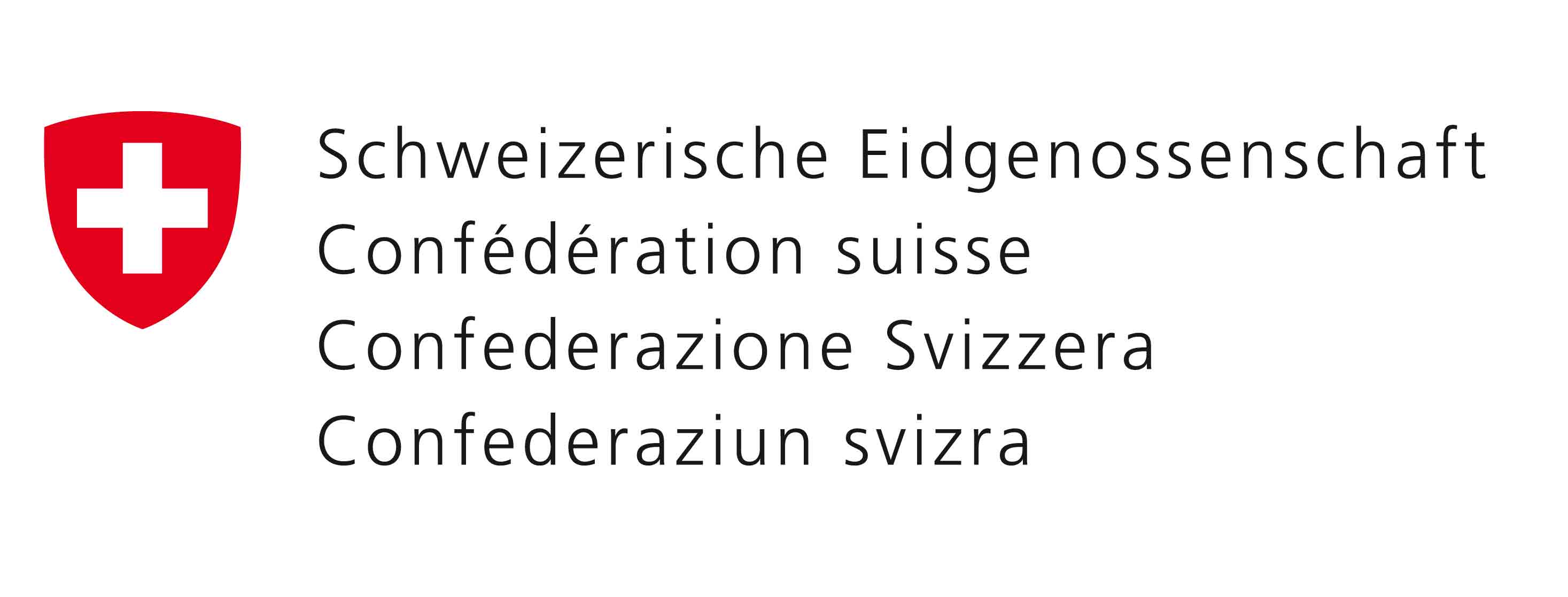Next generation agriculture using real-time information from tree crops
The agricultural industry is on the verge of a transformative revolution, the fourth in history, leveraging new technologies to increase sustainable food production while dramatically reducing inputs (land, water, fertilizer, pesticides, energy, etc.). This revolution revolves around the concept of “information,” from many sources. Plants themselves are an invaluable source of information. Plants have evolved many defense strategies to detect and respond to stressors, long before visible symptoms appear. With this information, growers can intervene with timely applications of irrigation, fertilizers, or plant protection agents. Furthermore, this information can be utilized in automated systems to provide real-time solutions.
Plant electrophysiology is a unique innovative approach to capturing this plant-scale information. It has shown promise in controlled environment agriculture, but its applicability to outdoor farming needs further investigation. To make this technology widely applicable, it requires adapting to field conditions including miniaturization to add spatial finesse and crop adaptability, ergonomic design to aid farmer acceptance, and integration with other advancements in agricultural technology including:
- Environmentally preferable biological crop treatments in place of toxic chemicals
- Agricultural robotics to improve their sensing and manipulation capabilities
- Other broad-view sensing platforms such as drone and satellite systems
This project reimagines high-value tree and vine crop agriculture for fruits (apples, grapes, peach, cherry) and nuts (hazelnut, walnut, almond, pecan), where growers can respond to their plant needs quickly and effectively with reduced inputs.
Increasing agricultural land use, and its current methods, pose a major threat to ecosystems, water quality, air quality, biodiversity, and human health. It is crucial to adopt new sustainable agricultural practices that optimize inputs and minimize negative impacts on the environment.
2023 – en cours
Partenaires: ECAL-VD – Ecole Cantonale d’Art de Lausanne, Vivent SA
Financement: Innosuisse

